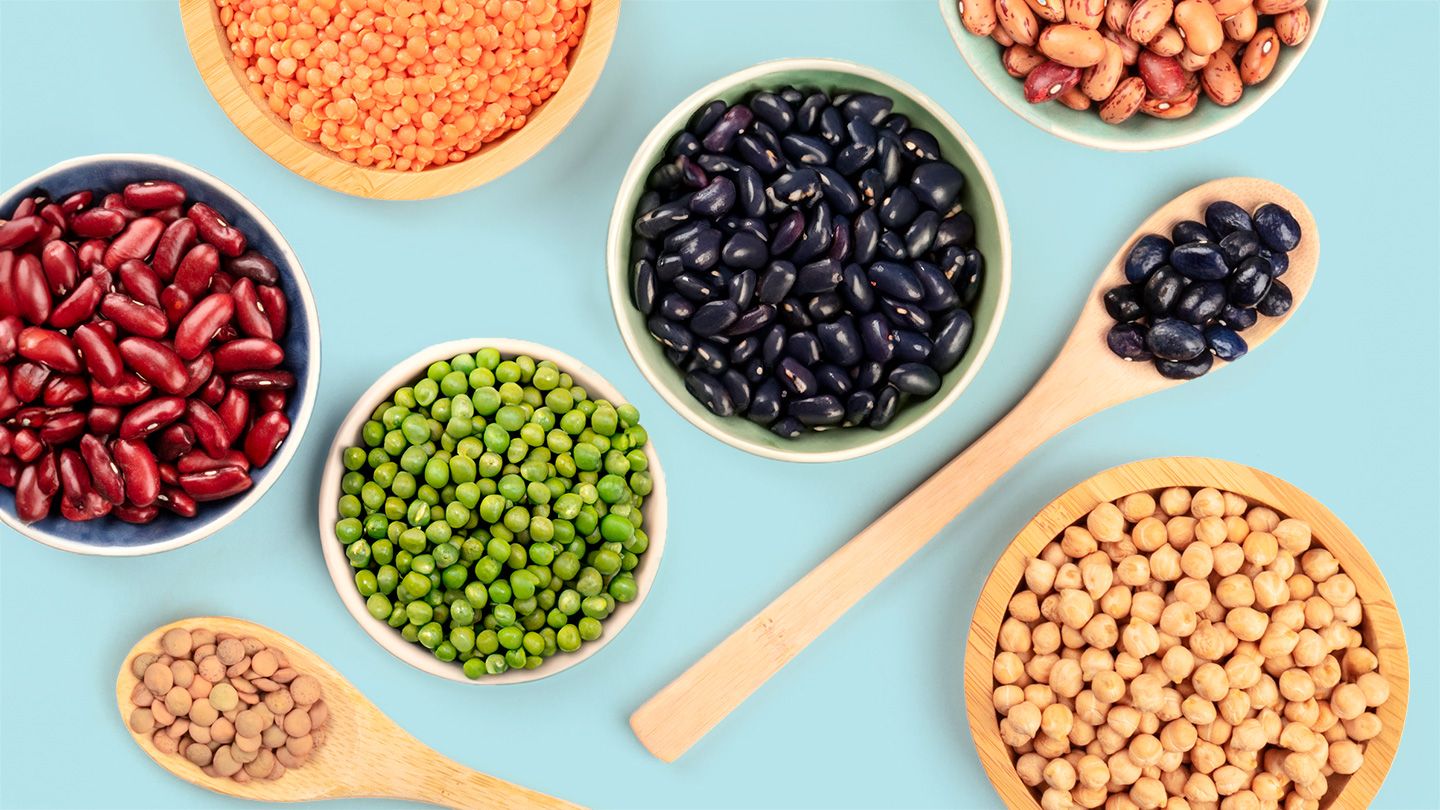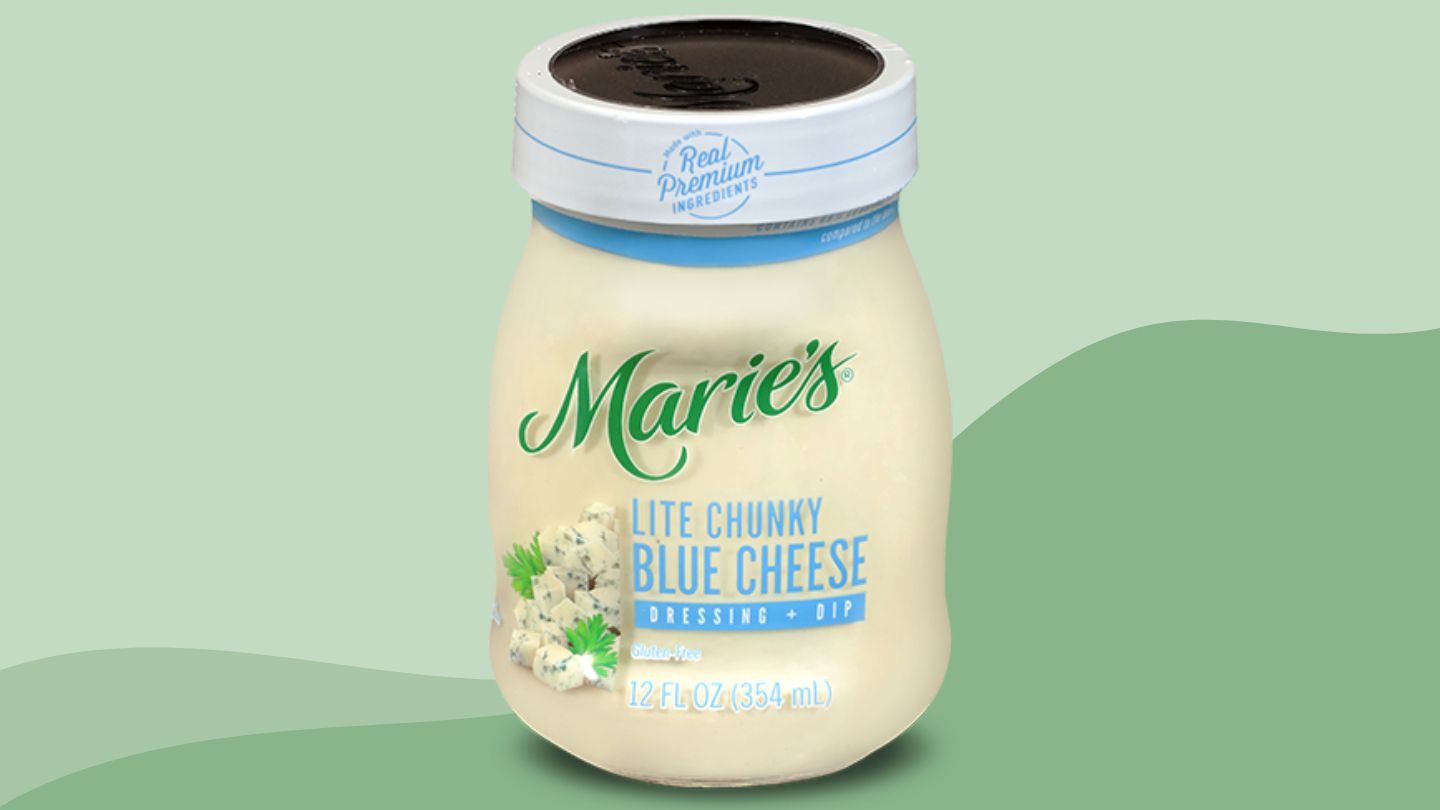How the Keto Diet May Help Fight Cancer
The ketogenic or "keto" diet has become widely popular for weight loss and managing conditions like diabetes. But emerging research shows keto may also have powerful anti-cancer effects.
Understanding Cancer Metabolism
Cancer cells multiply and spread uncontrollably by taking over energy production in the body. They thrive on high blood sugar, using it as fuel for rapid growth. Many cancers also inefficiently metabolize the energy source glucose.
This causes cancer cells to produce lots of toxic byproducts like lactic acid through a process called "aerobic glycolysis", also nicknamed the Warburg effect. The acidic, oxygen-depleted environment helps tumors aggressively invade tissues.
Starving Cancer Cells
The ketogenic diet is very low in carbohydrates and higher in healthy fats. This forces the body to burn fats rather than glucose for fuel through a process called ketosis.
Emerging research shows that switching away from using glucose may help "starve" cancer cells. Without its main power source, cancer may stop growing and spreading so rapidly.
Benefits of Keto for Cancer Patients
The promising effects of the ketogenic diet for cancer include:
Lowers Blood Glucose
Removing excess sugars from the diet decreases glucose available to feed tumors' rapid growth and decreases insulin, a hormone seen to fuel cancer progression.
Increases Ketone Bodies
Keto boosts circulation of ketone bodies. Emerging studies like this one published in 2021 indicates that these ketones may help selectively kill off cancer cells while sparing normal, healthy tissues.
Enhances Response to Therapies
Keto may make conventional cancer therapies like chemotherapy and radiation more effective against malignant cells. In some cases, it allows lower therapeutic doses to achieve desired outcomes.
Improves Quality of Life
The majority of studies evaluating keto for cancer patients found significant improvements in conditions like fatigue, weakness, nausea, low mood, pain, and more compared to standard diets.
Keto Diet Guidelines for Cancer
Here are some tips for using keto specifically to help address cancer:
Get Monitored
Careful oversight is essential, as keto carries risks like nutrient deficiencies, electrolyte imbalances and dehydration. Work with your healthcare team to have lab work checked routinely.
Meal Plan Ahead
Planning weekly keto meals that meet unique nutrition needs saves time and effort. Prep ingredients ahead to have easy snacks and quick recipes on hand.
Supplement Wisely
Addressing any individual supplement needs can optimize nutritional status for fighting cancer. Common recommendations include vitamin D, fish oil, curcumin and digestive enzymes.
Reduce Inflammation
Chronic inflammation makes cancer progression worse, so limiting inflammatory foods can improve odds. Avoid excess red meat, low-quality dairy and processed oils.
Support Energy Levels
Cancer-related fatigue can be devastating. Make sure keto calories and nutrients are sufficient to sustain energy needs each day with adequate protein, minerals and electrolytes.
10 Keto-Friendly Anti-Cancer Recipes
Here are 10 delicious yet nutritious ketogenic recipes ideal for cancer patients:
1. Baked Salmon Cakes with Dill Aioli
Omega-3's in salmon and avocado's anti-inflammatory fats paired with gut-friendly dill and pastured eggs.
2. Roasted Chicken Soup with Turmeric
Soothing homemade bone broth-based soup with turmeric's antioxidant curcumin to target cancer growth.
3. Zoodles with Creamy Avocado Pesto
Fresh zucchini "zoodles" served with a nutrient-packed pesto of healthy fats from olive oil and avocado.
4. Keto Egg Drop Soup
An easy Asian soup exploding with flavors from bone broth, eggs, mushrooms and ginger.
5. Coconut Chai Chia Pudding
Anti-inflammatory chai spices like turmeric and ginger amp up nutrition in this creamy coconut milk chia pud.6. Baked Cauliflower Tots with Ghee
Crunchy baked cauliflower florets lend well to customizable seasoning blends served with clarified ghee.
7. Kale Avocado Salad with Lemon Dressing
A hearty salad of kale and avocado topped with hemp seeds, nuts and a tangy lemon vinaigrette.8. Bunless Greek Lamb Burger with Tzatziki
Lean New Zealand lamb makes a perfect burger patty paired with cucumber tzatziki sauce.
9. Blueberry Coconut Smoothie
Blend antioxidant-rich blueberries with coconut milk, collagen peptides and healthy fats for nutrients in drinkable form.
10. Asian Stir Fry with Cauliflower Rice
Fresh stir fried veggies like bok choy, carrots and snap peas over riced cauliflower instead of starchy white rice.
Is Keto Right for You?
Research indicates huge potential for ketogenic nutritional strategies to help fight cancer. But keto is still considered experimental and should be used under professional guidance based on your unique case.
Talk to your integrative cancer specialist about whether a well-formulated keto or modified keto diet may be beneficial as an adjunct support for other therapies you may be undergoing.
FAQs
Is the keto diet safe for cancer patients?
Keto can be safe when properly managed under supervision. Get lab work monitored, stay hydrated, supplement wisely and work with a healthcare provider experienced in using keto for cancer.
What should cancer patients avoid eating on keto?
Avoid sugar, refined grains, starchy vegetables, processed foods, low quality dairy and meat, seed oils, and artificial ingredients. Prioritize whole, nutrient-dense foods to nourish the body.
Will keto interfere with chemotherapy or radiation?
In most cases keto is safe to use alongside conventional therapies. Some data indicates keto may improve the efficacy of standard treatments. But always discuss any diet changes with your medical team.
Why do cancer patients need specialized meal plans?
Cancer patients have unique nutritional needs related to healing and side effects. Keto cancer meal plans help tailor carbohydrate, protein and calorie targets while ensuring adequate vitamins and minerals are provided through food.
Disclaimer: This article is for informational purposes only and does not constitute medical advice. Always consult with a healthcare professional before starting any new treatment regimen.
Related Coverage
The incredible growth of Just The Cheese from a small home business into a national brand selling innovative cheeses worth over $100 million....
Learn how gin and diet coke can fit into the keto diet. Get the nutrition info, the best low-carb recipes, ideal mixers, and smart tips for drinking alcohol while staying in ketosis....
If you find yourself frequently craving cottage cheese, the causes may be biological or emotional. Learn what nutrient deficiencies trigger cravings and healthy substitutions....
Explore the history, nutritional profile, and carb content of the beloved Southern dish, red beans and rice. Learn how to incorporate it into a balanced, carb-conscious lifestyle....
Learn which cheeses you should eat and avoid on the keto diet. Discover the best high-fat, low-carb cheeses along with nutrition facts and portion tips....
Consuming raw, unprocessed honey during fasting periods provides energy, nutrients and blood sugar regulation to enhance the safety and efficacy of your fasts....
Discover how calories, fat, carbs and protein differ between 1 tablespoon or 1 ounce of various blue cheese types. Compare nutrition profiles of major brands....
Discover the best low-glycemic, low net carb fruits and homemade fruit snacks to enjoy on a keto diet. Keep your sweet tooth happy and stay in ketosis....
Discover the best keto-friendly restaurants in Seattle, offering delicious low-carb options. From steakhouses to seafood, find the perfect spots for your next keto-friendly dining experience....
Mozzarella cheese is a nutrient-dense food that provides protein, calcium, probiotics and other vitamins and minerals. Learn how to choose the right type and cook with mozzarella....









